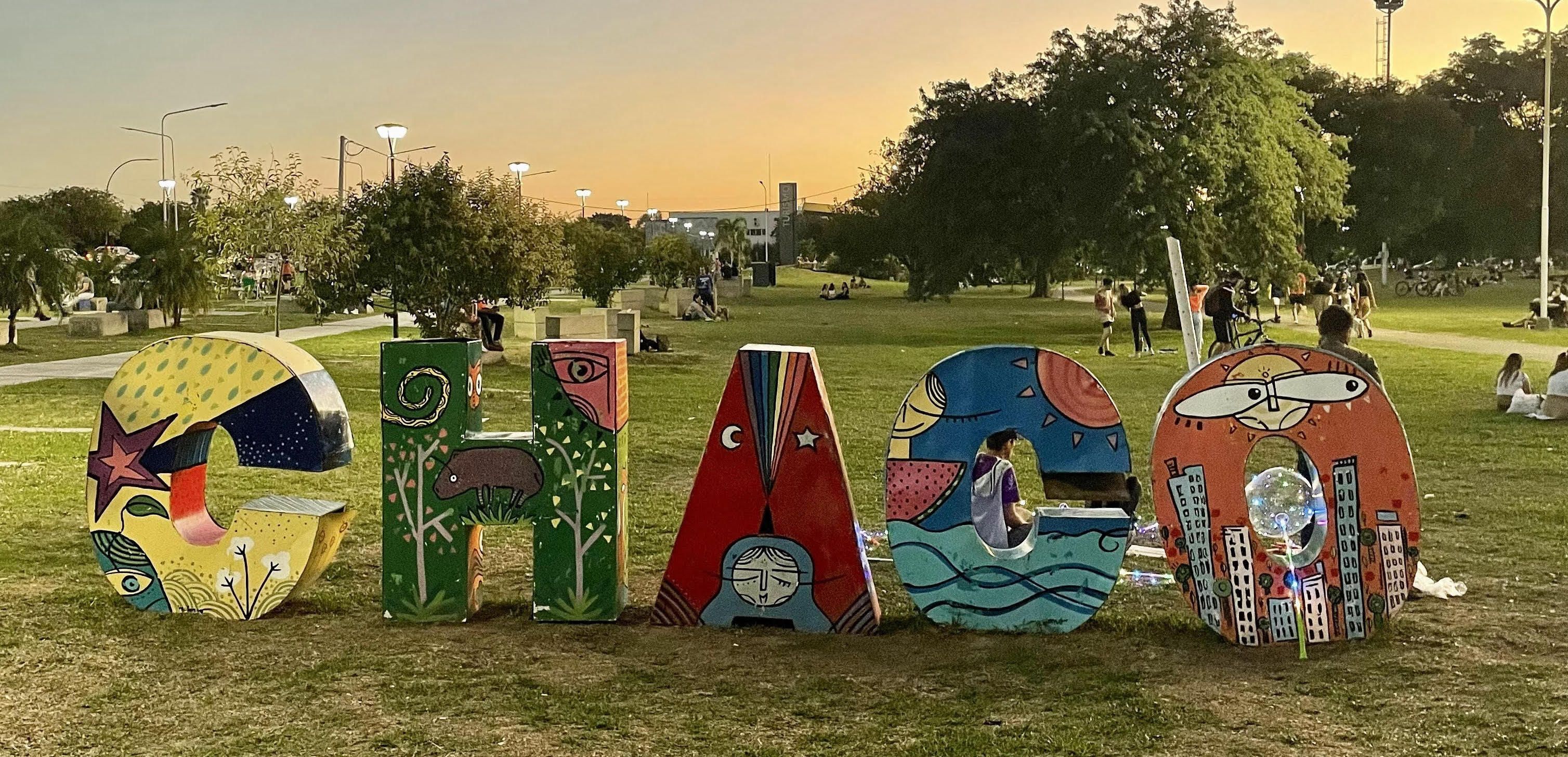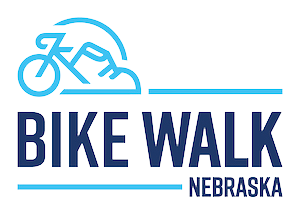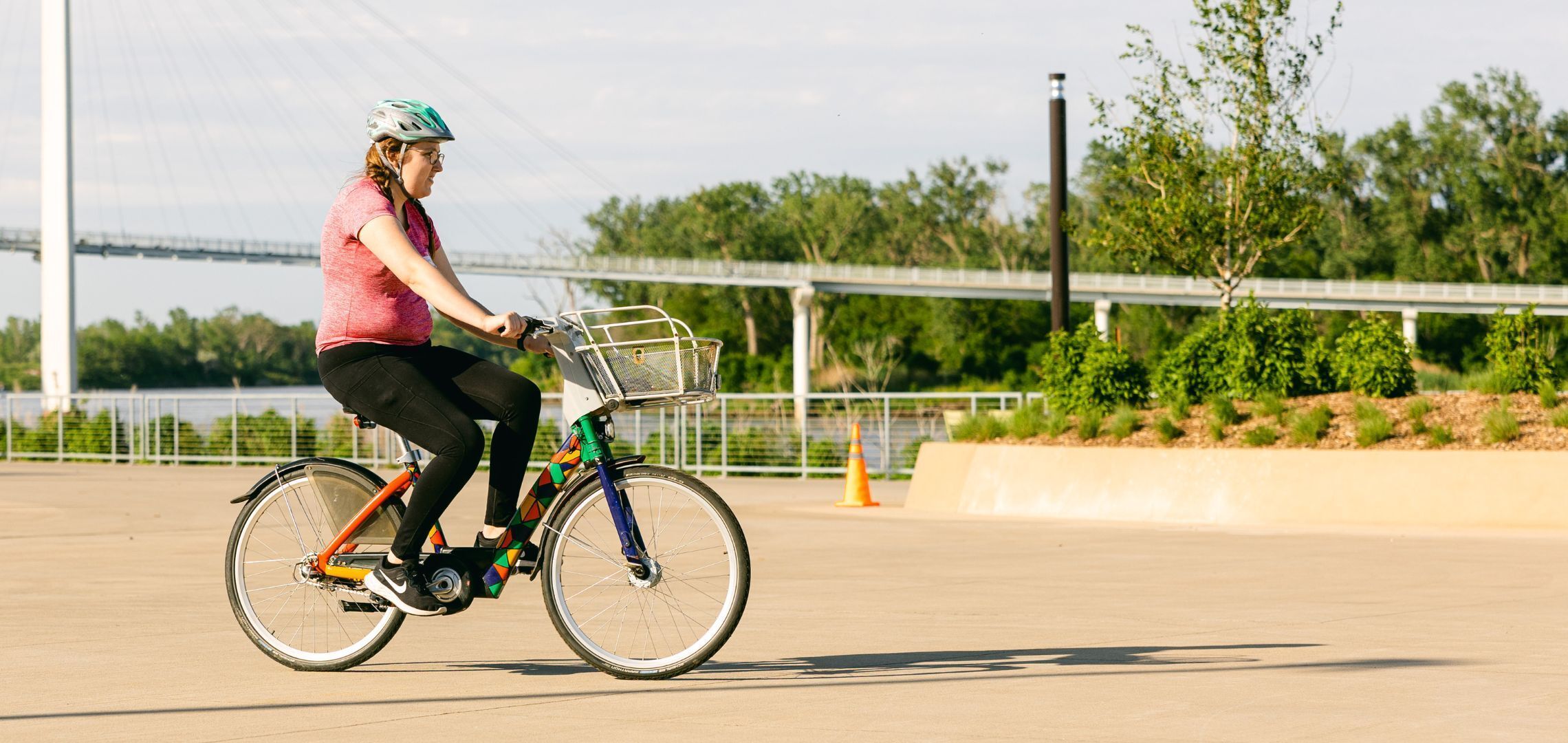
An update from our Program Coordinator, Annabelle Abisset, about her Fulbright experience this past year.
In 2022, I had the amazing opportunity to take a sabbatical from my position at Bike Walk to be an English Teaching Assistant as part of the Fulbright program in Argentina. I was placed in the northeast of the country in the province of Chaco, near Paraguay, and was in Argentina from March until December 2022.
My perspective on a lot of things has changed after such an intense immersion and I wanted to share a few reflections as I am rejoining Bike Walk and applying what I learned to our new programming focused on equity in active transportation.
My primary role in Argentina was to assist in various English classes for students in tertiary education/college who were studying to become professors of English. My student’s ages ranged from 18 to over 50. In addition to helping with English, I was also a cultural ambassador for the US and our state of Nebraska where I would share cultural norms, government structures, daily life, highlight areas of our state and even share on specific topics professors would ask me to present on such as racism and school shootings. It was a loaded assignment.
When I first got to Chaco I had some time to get used to the area before working. When I started working, real life hit me. Where I was living at the time was quite far from the institute that I was working at. So for the first week of classes I walked an hour each way to school and back home. The climate of Chaco is hot and humid so I would get to work very sweaty. Realizing this wasn’t a sustainable option I tried to find a bus that I could take that would leave me at the school or close by. The thing is bus routes were not posted online and when I asked my mentor how to take the bus she told me that I just had to go to the corner where I’ve seen buses and ask around. I was mortified to hear this at first since it is so different from our system here but after living in Chaco so long I realized this is the norm and have done this many times since. It’s a great way to meet new people too!
"It felt like such a win and my life instantly became easier because I had reliable transportation within my city."
I took this advice of asking around so much so that I would tell anyone I met about how I walked and didn’t know how to ride the bus. I met a group of professionals, architects who are now dear friends of mine, in an English study group and when I told them about my situation, one friend offered to lend me her bike during my stay. It felt like such a win and my life instantly became easier because I had reliable transportation within my city. I could go where I wanted when I wanted without having to rely on public transportation. Because Chaco is so flat, biking was a cultural norm and many people opted to ride bikes as well as motorcycles. This was especially true because owning and maintaining a car is quite expensive and many people cannot afford it. I got really involved in violin and different orchestras and it was nice to have my bike to roll into rehearsals or take the bus with friends that knew which line to take. I was also lucky to know people who had cars to catch rides when needed. Carpooling is very common.
Walking was also much more accessible because destinations are much closer in proximity than in the US. It’s common to have neighborhood bakeries, vegetable stands, kioscos (convenience stores), schools, and more. From my apartment I was able to walk a block to get fresh fruits and vegetables. It really changed how I cook and get groceries because instead of stocking up like we do in the US for a week or two, the produce wouldn’t last that long so I was forced to make smaller, more frequent trips to get what I needed. I felt like I wasted a lot less food and was more intentional about what I was buying.
"It really changed how I cook and get groceries because instead of stocking up like we do in the US for a week or two, the produce wouldn’t last that long so I was forced to make smaller, more frequent trips to get what I needed. I felt like I wasted a lot less food and was more intentional about what I was buying."
Being completely immersed in a new culture shifted my view of public transit, biking, and walking because in Chaco it was built into the infrastructure of the city. And since these modes of transportation were arguably more relied upon than cars, the cultural norms surrounding them were much more accepted. Also, relying more on people than looking things up online or depending on technology allowed me to create much more meaningful connections with the amazing people I met in Chaco. A lot of what I do and see every day has shifted in general due to this incredible experience and I am so grateful I get to have this new mindset coming into 2023 and applying what I learned to our equity programming with Bike Walk.
Thanks for reading my reflections and if you have any questions, thoughts or want to talk more about what I wrote, our programming for 2023 or the Fulbright grant feel free to reach out to me! My email is annabelle@bikewalknebraska.org

